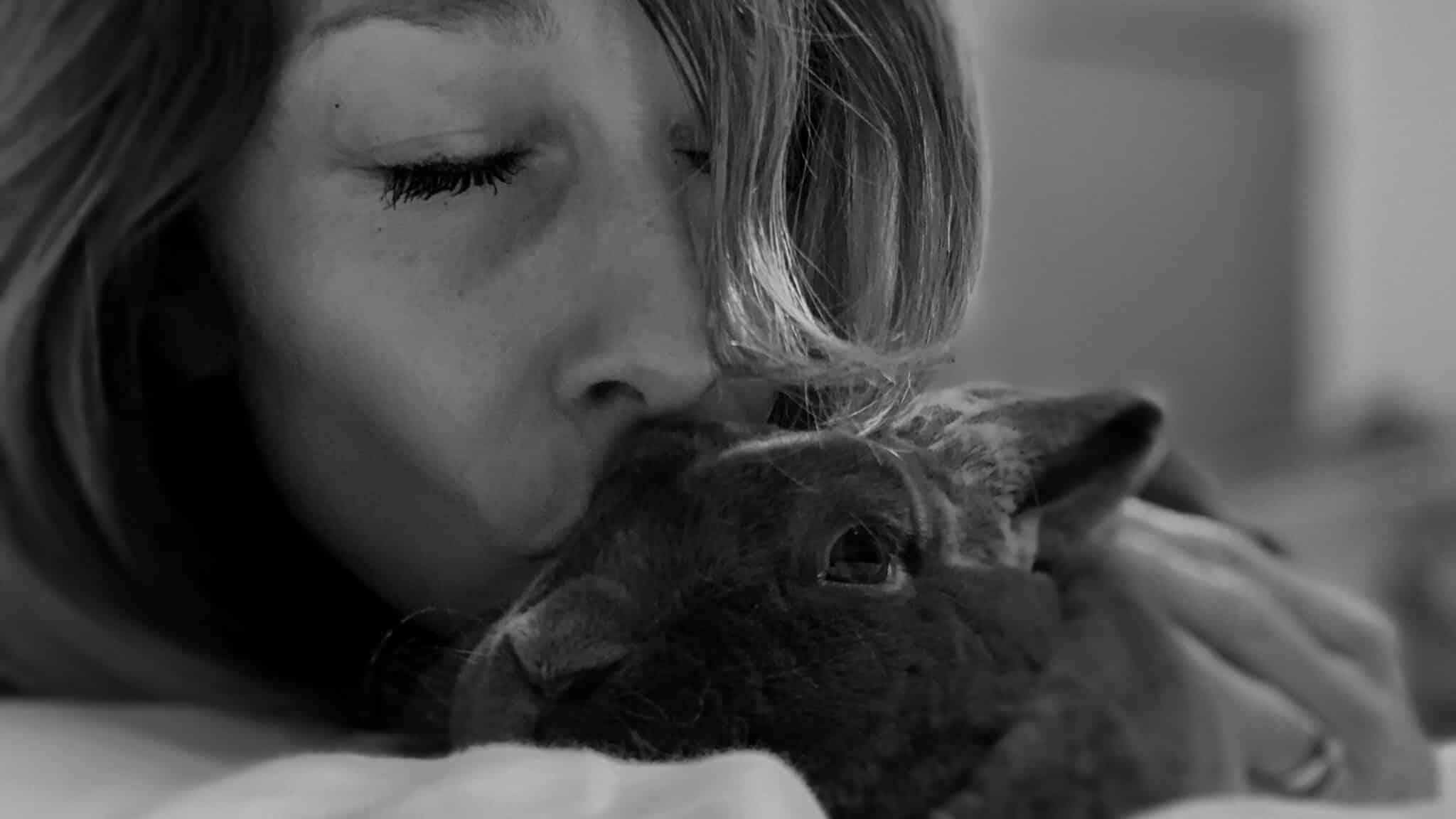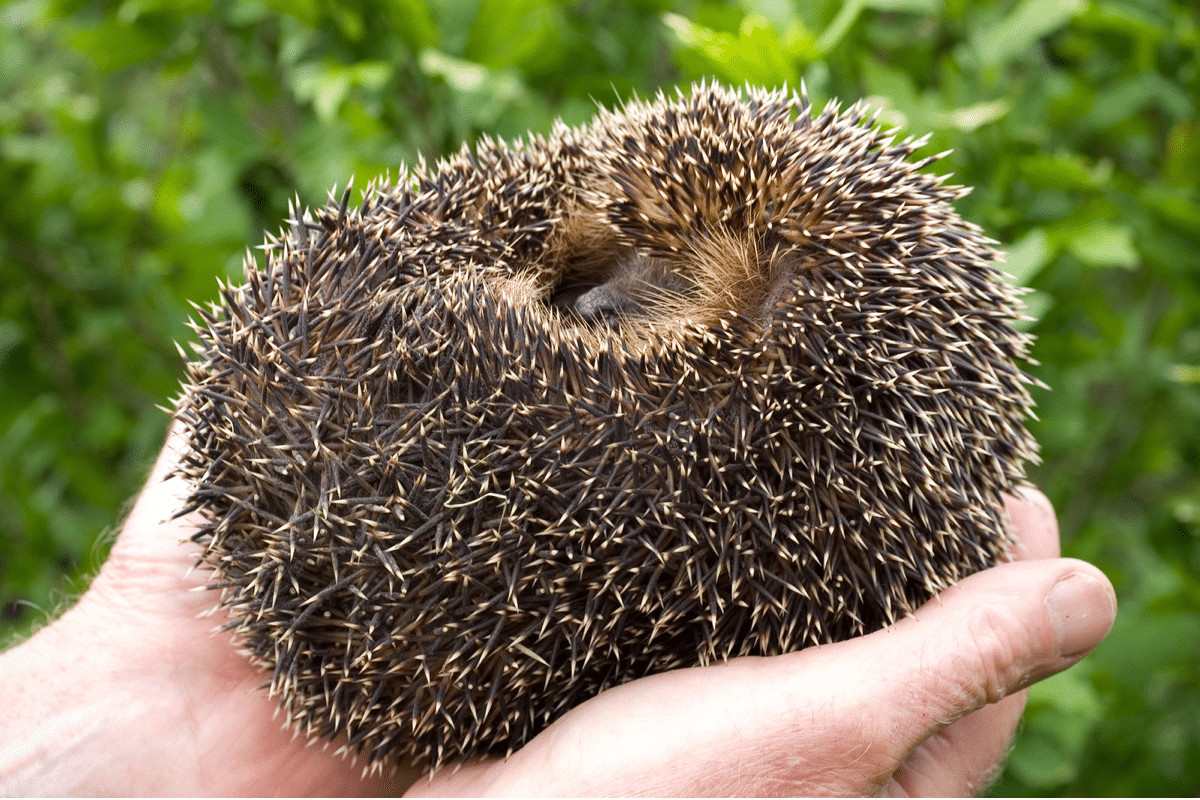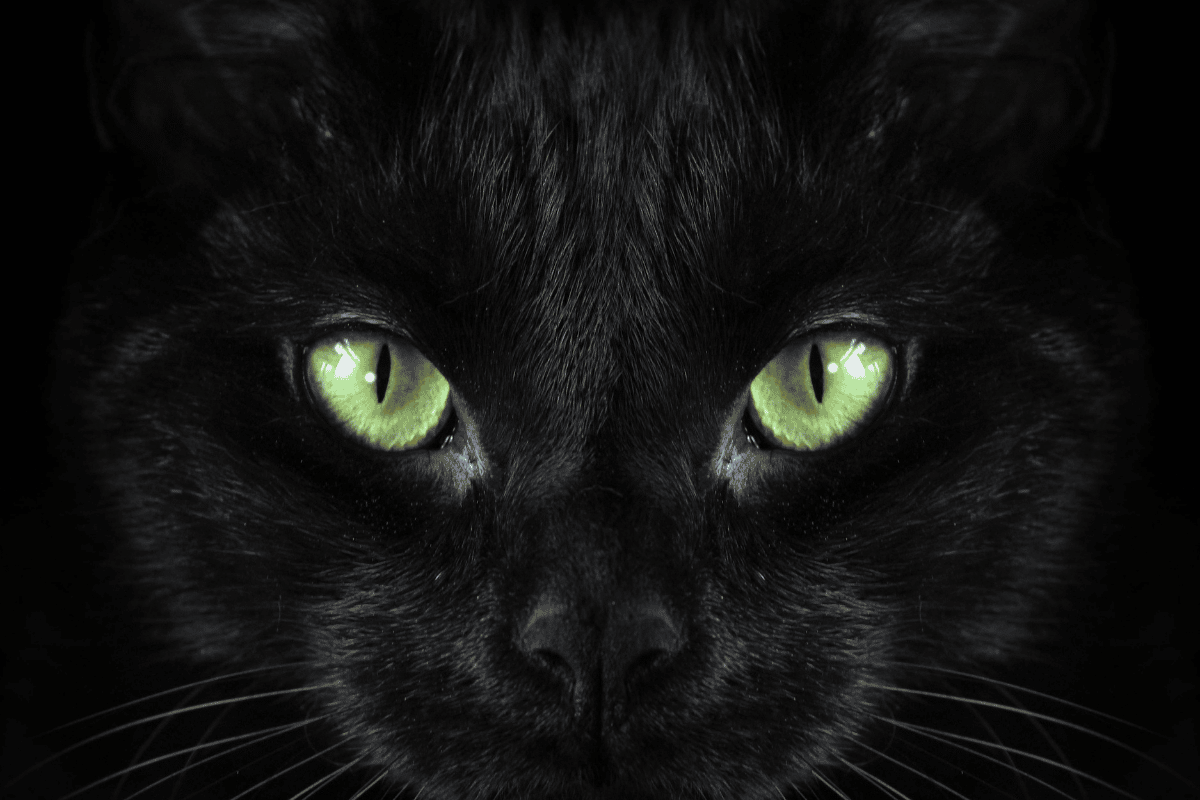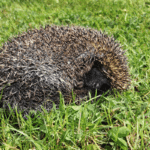The summer is in full force and there have been a few outbreaks of both Rabbit Viral Haemorrhagic Disease and myxomatosis up and down the country. The latest myxomatosis outbreaks have been reported in West Sussex, South Wales, Cumbria and Worcestershire, click this link to be taken to a map showing the outbreaks for more of an insight.
Myxomatosis is deadly and so it is important to know the symptoms and to take your rabbit straight to the vets to end their suffering as soon as possible. Rabbits have no resistance to myxomatosis, which is why it is so important to register your pet with a vet and get them vaccinated to provide some protection. This is a horrible viral disease that is highly infectious. The symptoms to watch out for include:
- Runny eyes
- Swollen genitals
- Swellings on the head
- Lumps on the body
- Discharge from the nose
- Swollen eyes
House rabbits and rabbits that live outdoors in hutches are both at risk. The disease is spread by flies, fleas, mites and mosquitos but it is also spread from rabbit to rabbit.
Rabbits can be vaccinated as soon as they reach 6 weeks of age. It is important to take your rabbit for a booster if you hear of an outbreak in your area, even if the booster isn’t due for another six months. If you’re unsure we recommend calling your vet and asking their advice.
You can help to protect even vaccinated rabbits from the disease by:
- Keeping your rabbit away from wild rabbits and hares
- Checking your rabbit for signs of dandruff as this can be a sign that they have mites (carriers of the disease). Take your rabbit to the vets for treatment if you find signs of mites.
- Consider attaching fly screens to the hutch and rabbit runs.
- Remove all standing water from the garden as standing water is a prime breeding spot for mosquitos.
- Keep your rabbits’ hutch clean and dry.
- Use hay that comes from farms that are free from myxomatosis.
















